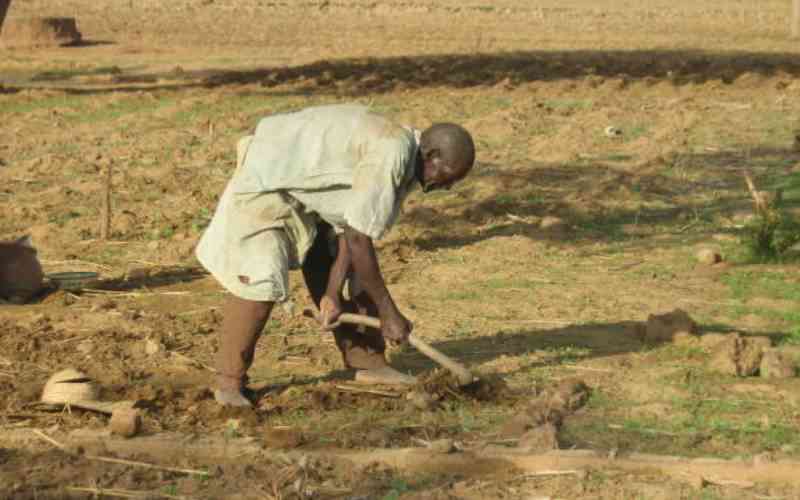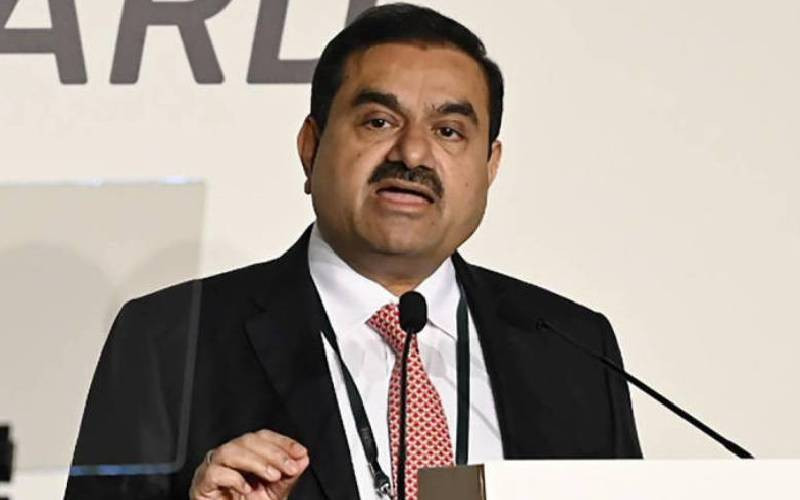
Climate change is a global phenomenon with far-reaching impacts. For arid and semi-arid communities in Kenya who are dependent on natural resources, including rainfall, for their livelihood, the adverse effects of climate change are hurting them greatly.
Available data show that Agriculture contributes 26 per cent to Kenya’s Gross Domestic Product (GDP) In Arid and Semi-Arid Lands with livestock as the main contributor. About 90 per cent of family income and employment in these areas comes from livestock, but the sector faces multiple challenges. The land is often overgrazed and overstocked, human population growth causes competition for land use between agriculture activities and livestock (settlements), soil fertility is declining, and climate change - including prolonged droughts and flooding - pose threats to both the vulnerable population and the herds.








